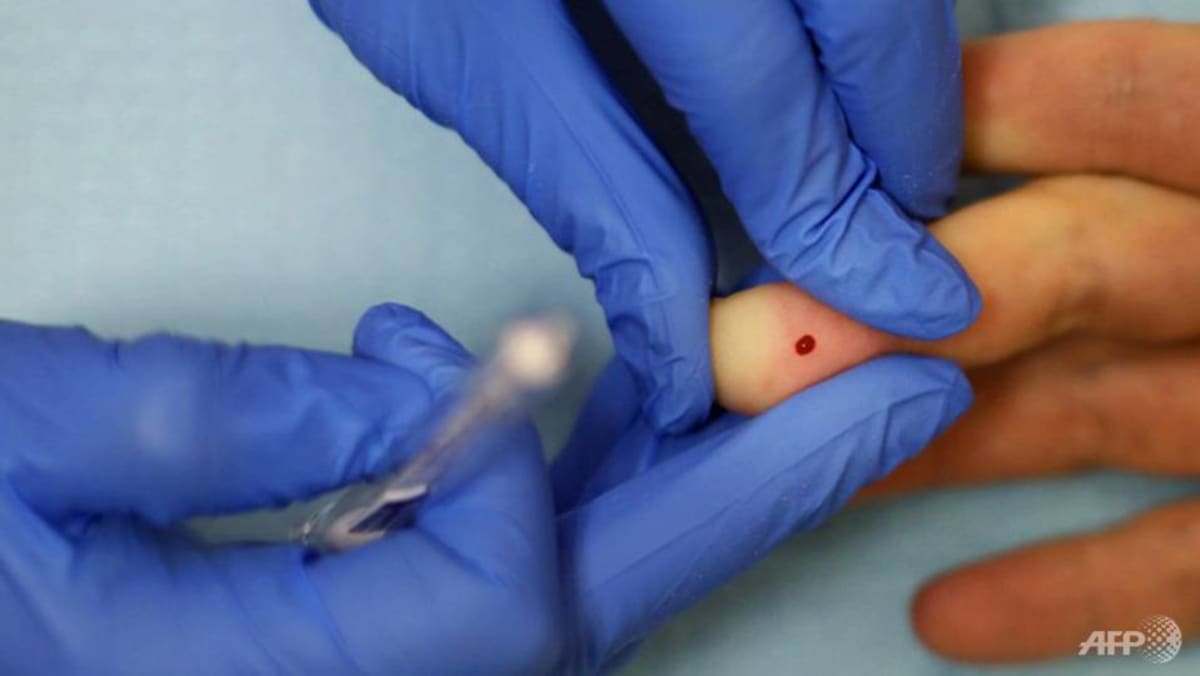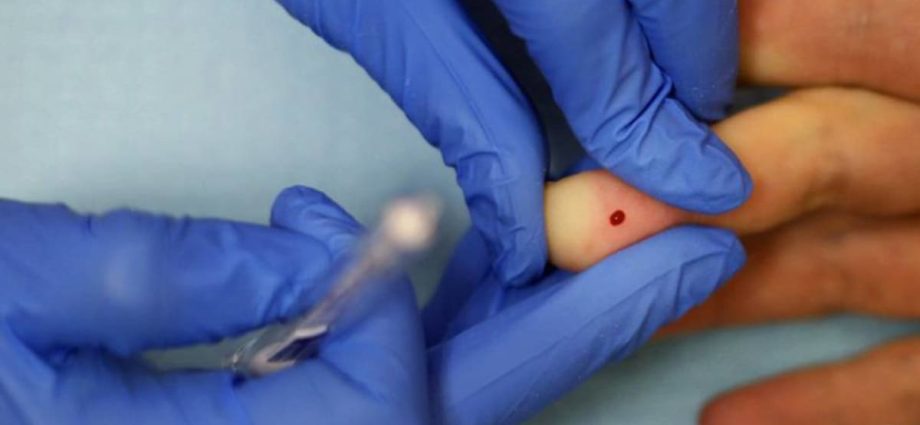
SINGAPORE: Singapore saw 10 per cent more newly diagnosed human immunodeficiency virus (HIV) cases among residents in the first 10 months of 2023 than it did during the same period last year, the Ministry of Health (MOH) said on Friday (Dec 1).
A total of 188 cases were reported between January and October, MOH said in an update on the HIV and AIDS situation in the country.
This comes after three straight years of decline, with last year’s number – 202 cases – being the lowest since 1998. There were 250 new HIV infections in 2021, 261 in 2020, and 323 in 2019.
Of the 104 cases reported between January and June, 97 per cent were male and 48 per cent had a late-stage HIV infection at the time of their diagnosis, which is 11 per cent lower than the figure for the same period last year.
Twenty-seven per cent were aged between 30 and 39, while 21 per cent were 40 to 49 years old and 23 per cent were 50 to 59 years old.
Sexual intercourse remained the main mode of HIV transmission, accounting for 96 per cent of the cases reported in the first half of the year, MOH said.
Heterosexuals accounted for 28 per cent of the 104 cases, while 68 per cent of the cases occurred in men who have sex with men. This includes men who reported sexual activity with men and women, who accounted for 4 per cent of cases.
One case occurred as a result of intravenous drug use.
More than half of the newly reported cases – 58 per cent – were detected during the course of medical care, of which a greater proportion were at a late stage of HIV infection compared with other modes of detection, MOH said.
Another 13 per cent were detected through routine programmatic HIV screening, while 18 per cent were detected through self-initiated HIV screening. The rest were detected through other forms of screening.
A higher proportion of men who have sex with men had their infections detected via self-initiated HIV screening compared to heterosexuals, at 25 per cent and 3 per cent respectively.
In a public advisory, MOH said that every adult should get tested for HIV at least once in their lifetime regardless of risk factors.
“Individuals who engage in high-risk sexual behaviours should go for regular HIV testing every three to six months,” the ministry added.

